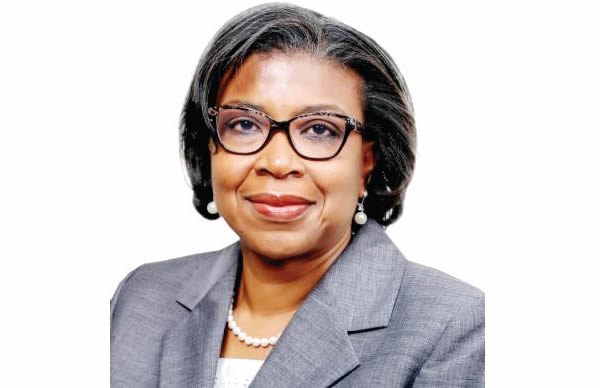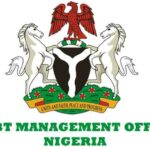Nigeria’s total public debt reached N39.556 trillion (or $95.779 billion) as of December 2021, being the fourth quarter of last year.
The debt stock as of September 2021 (Q3) was N38tr ($92.626bn) while the debt stock as of December 2020 was N32.915tr (or $86.392bn).
- Home-grown industrialisation key to Nigeria’s economic development – NASENI
- We’ll provide security for 2023 elections – Army
According to a statement by the Debt Management Office (DMO) on Thursday, the amount represents the total external and domestic debts of the Federal Government of Nigeria (FGN), the 36 states governments and the Federal Capital Territory (FCT).
Further explaining, DMO said the debt stock includes new borrowings by FGN and the sub-nationals. The federal government had captured a N5.5tr domestic and external borrowings in the 2021 Appropriation and Supplementary Acts to part-finance the deficit.
“Borrowings for this purpose and disbursements by multilateral and bi-lateral creditors account for a significant portion of the increase in the debt stock. Increases were also recorded in the Debt Stock of the States and the FCT,” said DMO.
It noted that the new borrowings were raised from diverse sources, primarily through the issuances of the Eurobonds, Sovereign Sukuk and FGN Bonds. These capital raisings were utilised to finance capital projects and support economic recovery.
Dismissing any concern about the rising debt profile of Nigeria, DMO led by the Director General, Ms Patience Oniha said the total public debt stock to Gross Domestic Product (GDP) as at December 31, 2021, of 22.47 per cent, the Debt-to-GDP ratio still remains within Nigeria’s self-imposed limit of 40%.
“This ratio is prudent when compared to the 55% limit advised by the World Bank and the International Monetary Fund (IMF) for countries in Nigeria’s peer group, as well as, the ECOWAS Convergence Ratio of 70%.
“The federal government is mindful of the relatively high Debt-to-Revenue Ratio and has initiated various measures to increase revenues through the Strategic Revenue Growth Initiative and the introduction of Finance Acts since 2019,” she explained.

 Join Daily Trust WhatsApp Community For Quick Access To News and Happenings Around You.
Join Daily Trust WhatsApp Community For Quick Access To News and Happenings Around You.

